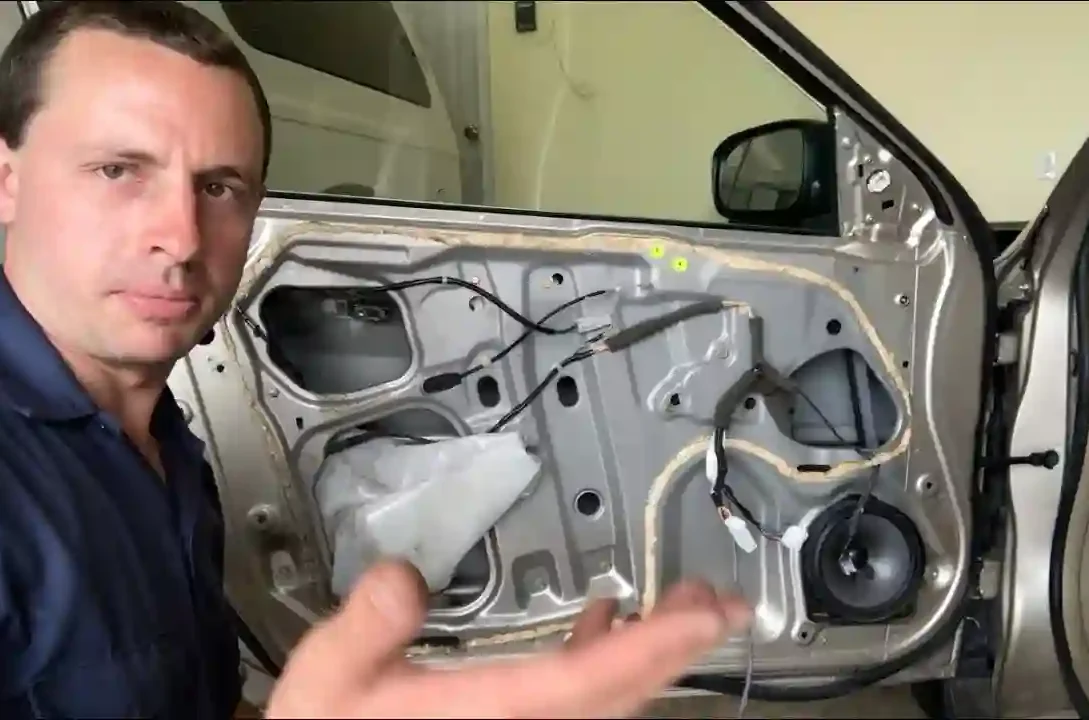When it comes to vehicle maintenance, we often focus on the engine, tires, brakes, and other prominent components. However, one vital but frequently overlooked aspect of vehicle upkeep is the condition of your power windows and their associated components, including window motors. Regular window motor inspections are preventive measures that can help ensure the continued functionality and safety of your vehicle. In this article, we will explore the benefits of conducting routine window motor inspections and why they should be an integral part of your vehicle maintenance routine.
Understanding the Window Motor
Before delving into the advantages of window motor inspections, let’s briefly review the role of window motors in your vehicle. Window motors are electric motors responsible for the operation of power windows. They facilitate the smooth and effortless raising and lowering of your windows, adding convenience and comfort to your driving experience.
The Benefits of Regular Window Motor Inspections:
1. Safety and Security:
- One of the primary benefits of regular window motor inspections is ensuring the safety and security of your vehicle. Malfunctioning window motors may result in windows that do not close or open properly, potentially exposing your vehicle to theft or vandalism.
- Functional windows act as a barrier against unauthorized access, providing peace of mind whether you’re parked in a busy urban area or a remote location.
2. Preventing Malfunctions:
- Window motors are mechanical and electrical components that can wear out over time. Regular inspections allow you to identify and address potential issues before they escalate into costly malfunctions.
- Addressing minor problems promptly can prevent inconvenience and reduce the likelihood of needing emergency window motor replacement.
3. Maintaining Visibility:
- Clear visibility is crucial for safe driving. Malfunctioning window motors may lead to partially open or stuck windows, hindering your ability to see the road and other vehicles.
- Regular inspections ensure that your windows operate smoothly, maintaining proper visibility in all driving conditions.
4. Preventing Damage:
- Malfunctioning window motors can exert excess force on the window glass, leading to cracks or chips. Inspections help detect any irregularities in the window motor’s operation, preventing potential damage to the windows.
5. Comfort and Convenience:
- Power windows are designed to provide convenience and comfort. Regular inspections ensure that your windows operate effortlessly, enhancing your overall driving experience.
- Functional windows contribute to a comfortable interior environment by allowing proper ventilation and temperature control.
6. Identifying Electrical Issues:
- Window motors are integrated into the vehicle’s electrical system. Regular inspections can help identify any electrical issues related to the window motor or its wiring.
- Addressing electrical problems promptly can prevent more extensive electrical system failures.
7. Preventing Emergency Situations:
- In emergency situations such as accidents or vehicle breakdowns, functional windows are essential for quick exits or communication with first responders.
- Regular inspections ensure that your windows are ready to assist in emergency situations, contributing to your safety.
8. Reducing Repair Costs:
- Preventive measures, including regular window motor inspections, can ultimately save you money by reducing the need for costly repairs or replacements.
- Addressing minor issues early prevents them from escalating into more significant problems that require extensive repairs.
How to Conduct Window Motor Inspections:
Conducting regular window motor inspections doesn’t require advanced technical knowledge. Here’s a simple step-by-step guide on how to perform these inspections:
1. Visual Inspection:
- Start by visually inspecting the windows as you raise and lower them. Look for any signs of uneven movement, unusual noises, or slow operation.
2. Listen for Sounds:
- Pay attention to any abnormal sounds, such as grinding, clicking, or screeching, during window operation. Unusual noises may indicate potential issues with the window motor.
3. Feel for Resistance:
- While operating the windows, use your hand to feel for resistance. The windows should move smoothly without any significant resistance or hesitation.
4. Test All Windows:
- Ensure that you test all windows, including rear windows and sunroofs if your vehicle is equipped with them. Problems can occur in any window, so it’s essential to check them all.
5. Verify Auto-Up and Auto-Down Functions:
- If your vehicle is equipped with auto-up and auto-down functions, make sure these features work correctly. They should stop the window’s movement if an obstruction is detected.
6. Check the Window Lock:
- Test the window lock button to ensure that it operates as intended. The window lock should prevent other passengers from operating their windows.
7. Inspect Window Switches:
- Examine the window switches for any visible damage or wear. Make sure they are securely attached and function correctly.
8. Listen for Clicking Sounds:
- Listen for any clicking sounds when the window switch is activated but the window doesn’t move. This may indicate a faulty window motor.
9. Address Any Issues Promptly:
- If you notice any problems during your inspections, such as slow window movement, unusual noises, or uneven operation, it’s essential to address them promptly. Consult a professional mechanic for a more thorough diagnosis and potential repairs.
Conclusion
Regular window motor inspections are a preventive measure that can help ensure the safety, security, and functionality of your vehicle’s windows. By identifying and addressing potential issues early, you can maintain clear visibility, prevent damage, and enjoy the convenience and comfort of functional power windows.
Make window motor inspections a part of your regular vehicle maintenance routine to enhance your driving experience and reduce the likelihood of costly repairs or replacements down the road. A well-maintained window motor ensures that your vehicle’s windows operate smoothly and reliably, contributing to a safe and enjoyable driving experience.




